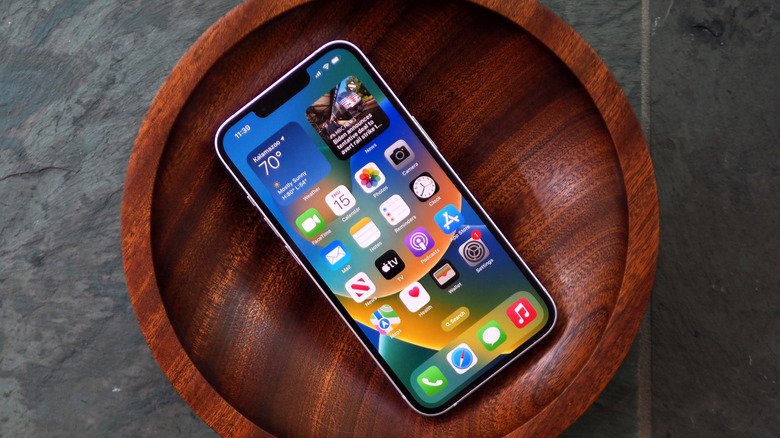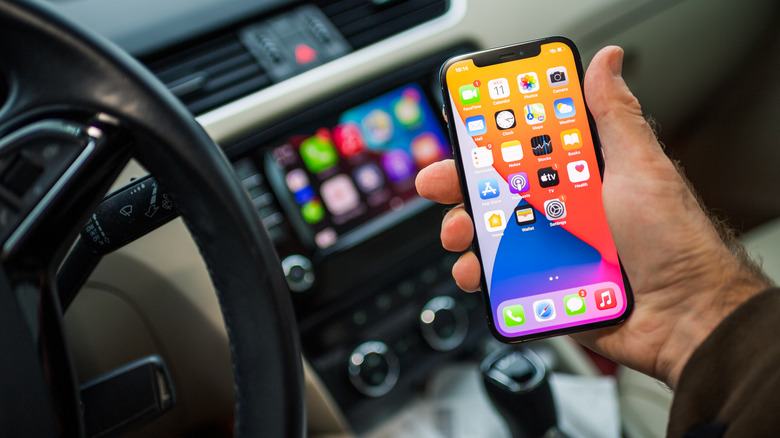Apple's Crash Detection Has An Apparent Weakness: Roller Coasters
Apple's iPhone 14 lineup is an incremental upgrade over the last generation models, with the lower-tier models even sporting the same A15 Bionic chipset. Among the handful of fresh feature additions to the iPhone 14 lineup is the new Dynamic Island feature (available only on the Pro models) and the new Photonic Engine, which is said to improve the photo capabilities of the devices. Along with these, the iPhone 14 lineup also saw the introduction of an advanced crash detection feature that is triggered when the phone detects a severe car crash.
The feature is turned on by default on all iPhones and automatically notifies emergency services if the user is incapacitated. After detecting a crash, the iPhone sounds an alarm and displays a message on the phone's display. If the user can respond to the alert, they can choose to dial emergency services or cancel the alert if they're safe. If the user does not respond to the on-screen alert, the iPhone triggers an automatic call to emergency services after 20-seconds.
The feature also alerts preset emergency contacts about the owner of the iPhone being involved in a crash. Based on past reports about Apple's life-saving ECG feature, there is little doubt that the iPhone's crash detection feature will save lives. However, it seems Apple did not consider one specific scenario while designing this crucial life-saving feature: roller coasters.
Rides at theme parks may trigger iPhone's crash-detection feature
According to a recent report from The Wall Street Journal, several iPhone 14 users across the U.S. have noticed that their newly bought iPhone 14 handsets tend to mistake roller coaster rides for severe car crashes. The report talks about six different instances of emergency family contacts and emergency services being alerted to a severe car crash when the victims of the supposed crash were simply having a gala time at an amusement park. The iPhone 14 lineup uses its onboard sensors to detect sudden jerky movements and extremely fast deceleration rates that are the hallmark of a car crash.
Unfortunately, similar movements also happen while riding roller coasters, and it seems some iPhone 14 handsets cannot distinguish between the two events. Given that the iPhone 14 lineup has been around only for a few weeks now, there is a good chance of a huge spike in the number of such erroneous emergency calls being triggered on iPhones as more users upgrade. It is unclear at this time how Apple intends to fix this issue. In a statement to The Wall Street Journal, an Apple spokesperson did say that the company will "continue to improve" the crash detection feature over time. For now, though, it seems the coming weeks could be rather busy for people working with emergency services.

